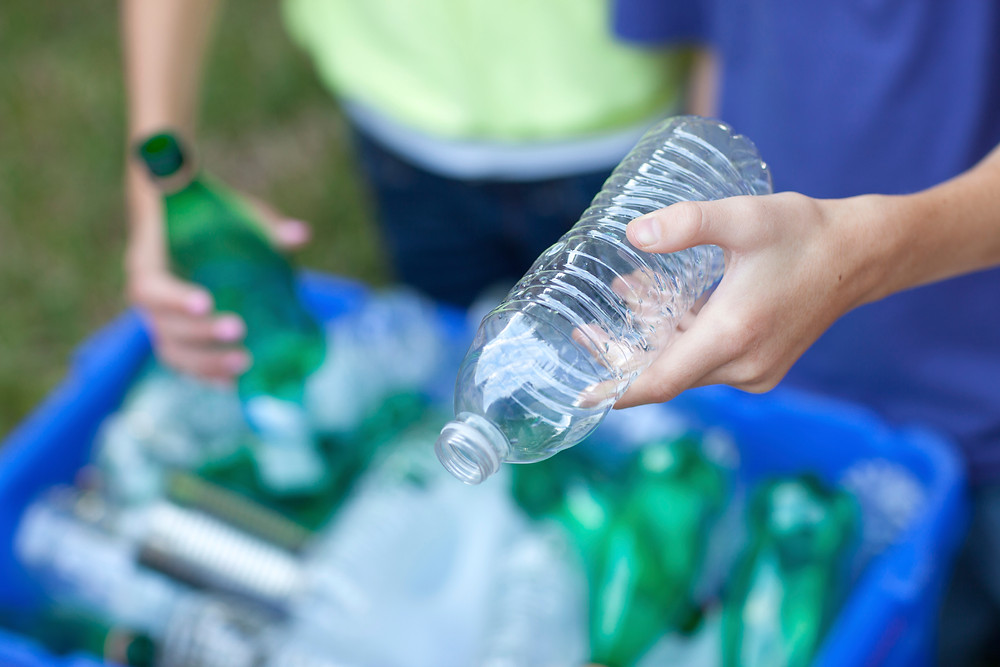May recycle plastic bottles at bottle recycling depot for a myriad of purposes. When the resources needed to make these bottles are repurposed into bottle openers, the pollution they cause is reduced. Recycling also reduces the quantity of rubbish that must dispose of in landfills, which reduces the amount of space our junk occupies. Jobs for those who collect recyclables and work at facilities that transform them into advanced materials are also created by recycling. In this article, you will walk through the different purposes of recycling plastic bottles at the bottle return depot.
Purposes Of Plastic Bottle Recycling
Recycling bottle depots in Calgary or all over the world has broader purposes than only reducing pollution in the air and water. It also reduces greenhouse gas emissions, contributes to global warming, and conserves the planet’s resources. So Americans may lower their carbon footprint while preserving the environment by recycling aluminum cans, plastic bottles, and glass bottles. They also promote conservation and stewardship attitudes. Let’s have a look at various essential dedications of water bottle recycling.
1. Saves money
You may save money and gain money at the same time by recycling water bottles. Over a few more dozen bags of cans, the five cents a can will pay off. The answer is no, but they can help you save a few bucks on your gas bill. In addition, waste management costs a lot of money to keep processes functioning smoothly. On the other hand, a recycling plant is less expensive to operate since it doesn’t need to burn rubbish or deposit it in landfills regularly. American businesses save money by supporting local recycling efforts. For instance, companies would have to purchase fewer things if more individuals recycled. One of the main advantages of recycling water bottles is that it saves money for everyone.
2. Ensures the long-term viability of the resources
Keeping recyclables in circulation is an integral part of preserving natural resources. It ensures that raw resources are not overused in producing new goods. In recent years, governments have stepped in to assist schools and other small groups recycle plastic water bottles worldwide. Doing so ensures that future generations can benefit from our natural resources without affecting current output.
3. Boosts Employment
There are financial advantages to recycling plastic water bottles and environmental ones. Recycling employed about 2.3 million people in 2011, which is expected to rise. It includes everyone from the recycling label designers to the actual plant managers. Many sectors provide employment, but the recycling business generates more than any other. In contrast, there are four jobs in recycling for everyone in garbage management. Additionally, some individuals are directly and indirectly impacted by the recycling process and those employed in the sector. Many people will be employed, including those using recycled plastic to make new products.
4. Reduces the amount of waste that must dispose of in landfills
Landfills, or “local dumps,” are unsightly, stinky, and take up much room. Plastic bottles make up most of what ends up in landfills and can be recycled at the bottle return depot. It might cut the amount of rubbish in landfills. There is less garbage on urban, suburban, and rural roads and less money spent on picking up plastic bottle waste because of recycling.
Conclusion
Whether or not it is viable to recycle plastic bottles at bottle return depot on an economic level is still being discussed up to this very day. Recycling plastic bottles at the bottle depot near me has many purposes. It helps municipal governments and communities save money by decreasing the landfill space required and the costs associated with disposal. Moreover, plastic bottles are not only cost-effective to make, safe to use, and recyclable but also good for the environment.
Also Read – Graphic Design is My Passion Meme













Leave a Reply